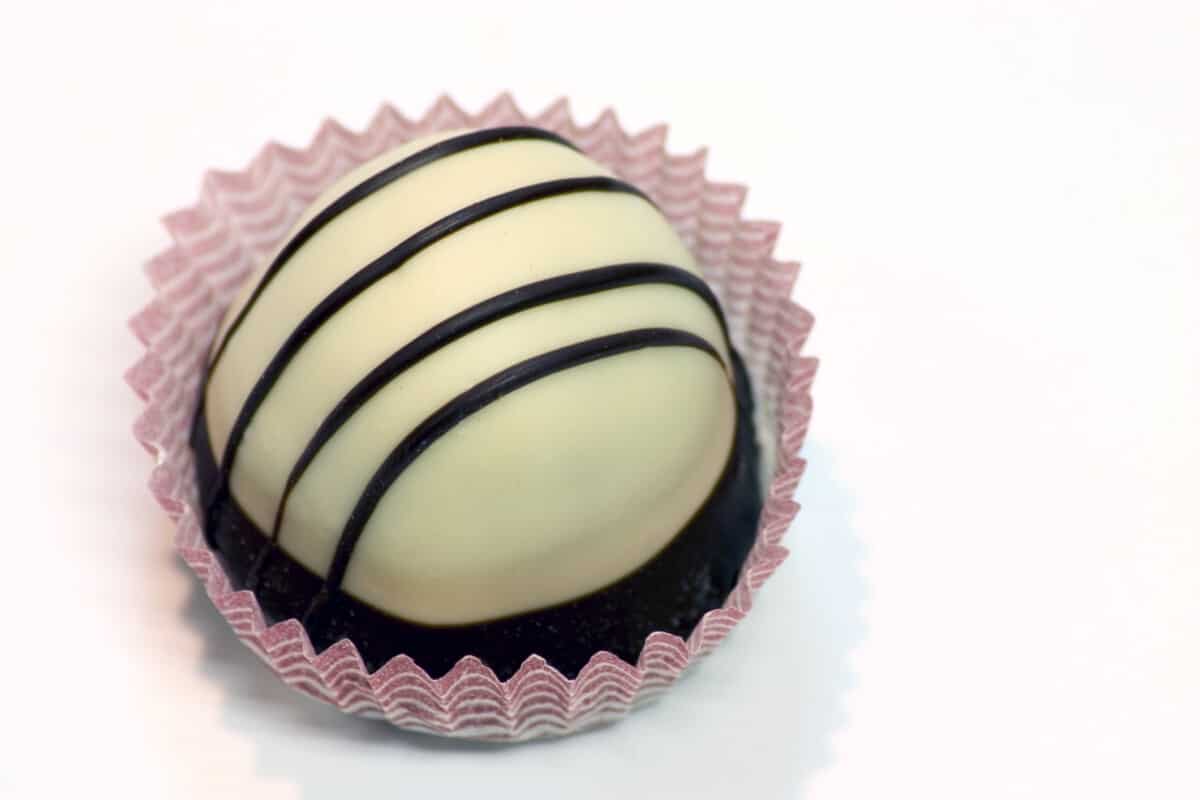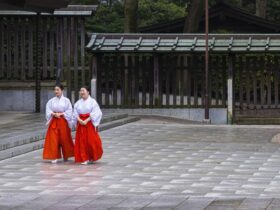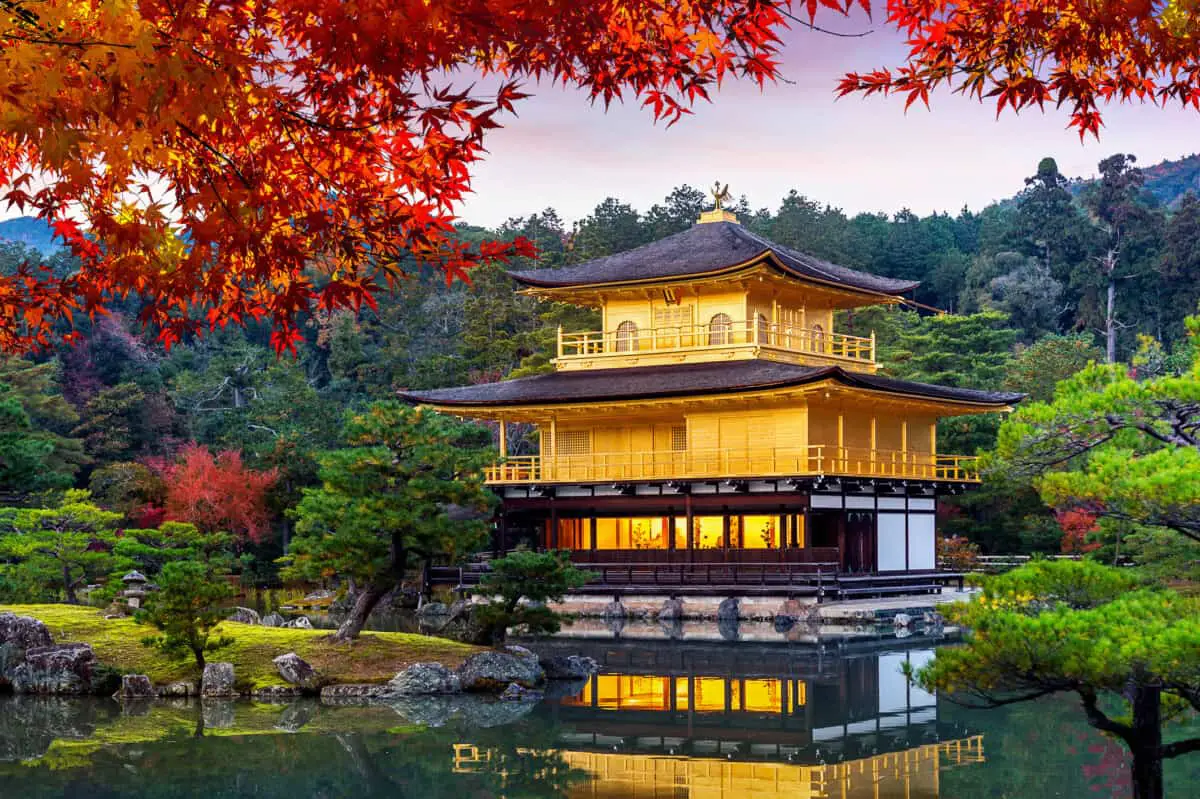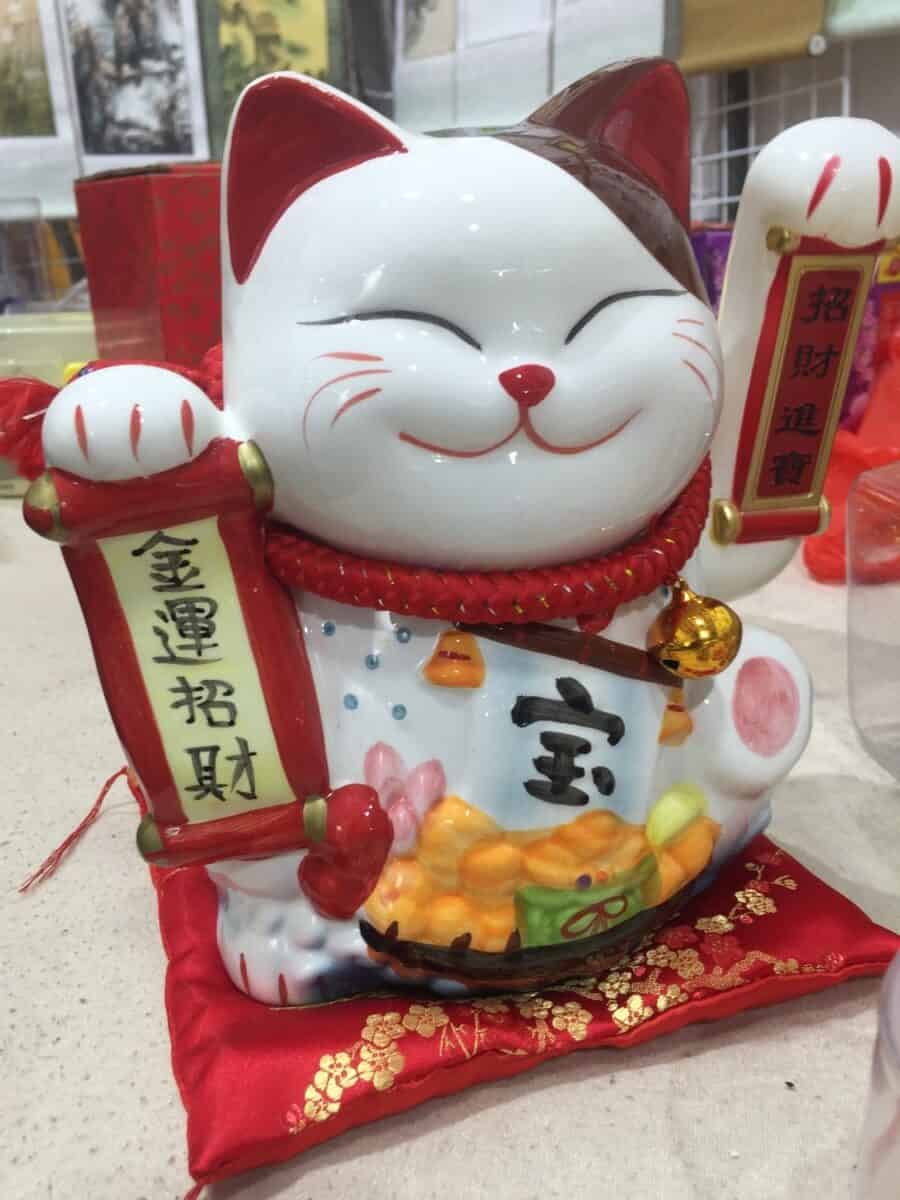White Day or (ホワイトデー, Howaito dē, a Japanese wasei-eigo) is a very important Japanese holiday, which celebrates love, friendship, and gratitude. Unfortunately, White Day can also bring heartbreak. The outcome of White Day is reliant on the kind of gift you give someone.
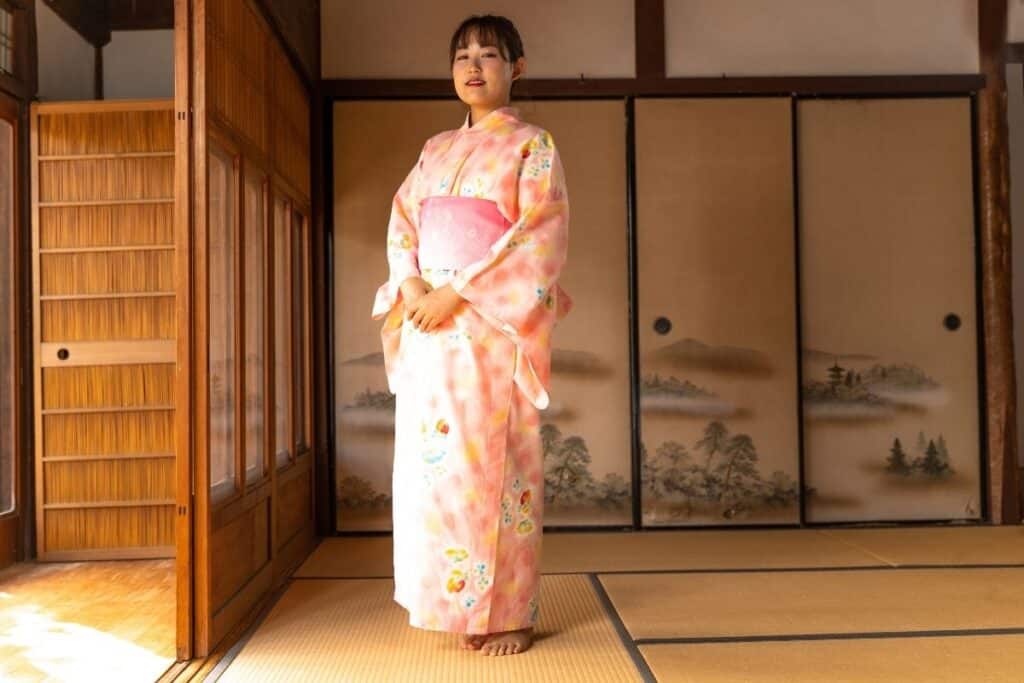
On White Day (March 14) a man who received chocolates on the previous Valentine’s Day a month earlier returns the favor by giving a gift of a specific type of sweet to the person (normally a female) who provided them to him.
Sending your recipient the wrong gift could end your relationship before it begins. Even worse, giving the wrong gift to your friend, boss, or colleague can create a very awkward situation. Be cautious when selecting your gift.

Valentine’s day and White day are observed more by Japanese married couples rather than their single counterparts. Although not completely out of favor among singles only about 50% observe this tradition.
What is White Day?
White Day is an annual Japanese custom, which celebrates love, friendship, and purity. Each year on March 14, males respond to Valentine’s Day gifts by giving gifts of their own. Traditionally in Japan valentines, the day is celebrated by giving gifts to men from women in a complete reversal of western valentines day customs.
On white day in Japan, things seem more like they would on Valentine’s day in the USA.
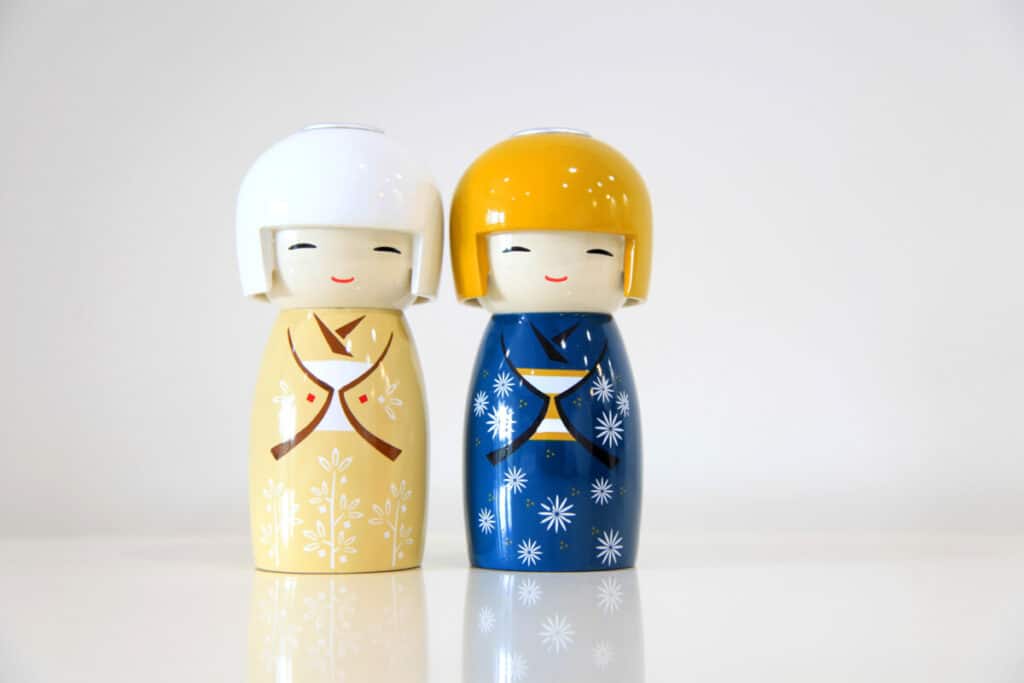
Boys choose individual gifts for special women in their life like family, friends, and a special girl they want to form a relationship with. White Day is the opportunity for men to respond to women’s gifts and declare mutual feelings. It is also an opportunity to express feelings of gratitude to friends and colleagues.
What is the purpose of White Day?
The overall purpose of White Day is gift-giving. It is the time for men to express their fondness for the women who gave them gifts the month before.
By giving gifts, they pick with pure intention.
Many people believe that there is no intention behind White Day aside from doubling candy sales. The belief that White Day is about money has led some resentful people to refuse to partake in the holiday.
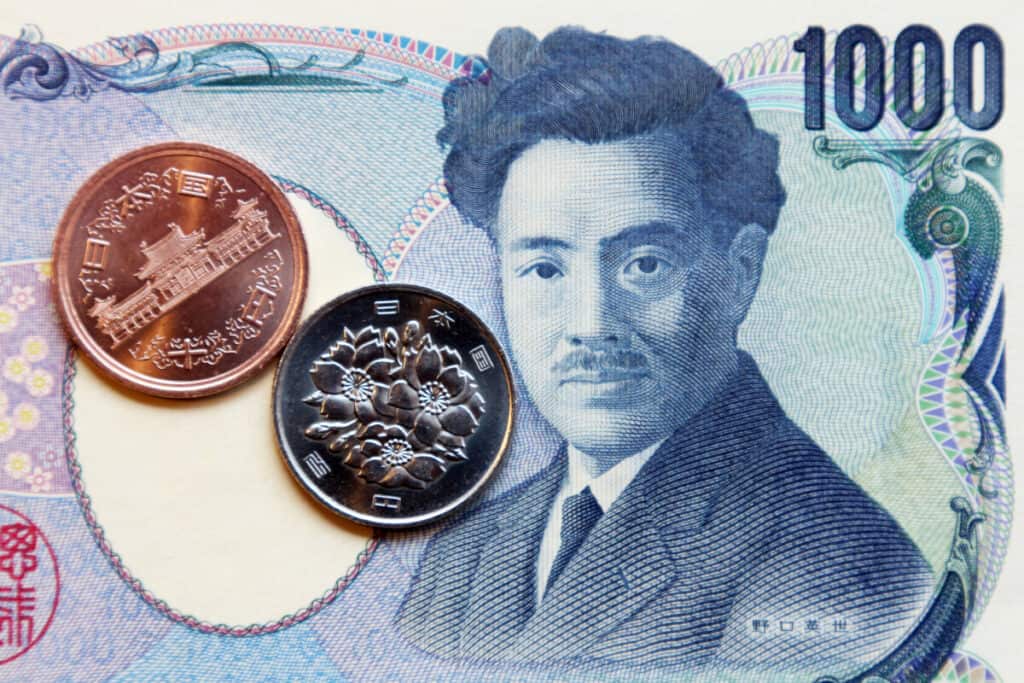
Response to Valentine Day
The main purpose of White Day is to act as a response to valentine’s day. After receiving gifts from women the month before, men are obligated to reciprocate the gift-giving gesture by distributing a special gift to selected females.
The gift given to the female does not need to be romantic. However, men are required to give a gift that indicates their intention with the female. The idea is to set a clear boundary and inform the recipient of your feelings.

Express Fondness
Expressing affection is a complicated process for anyone. On White Day, Japanese males get the chance to express their fondness for females. Declaring feelings can be highly difficult for the Japanese culture.
Men who receive a romantic gift from females on Valentine’s Day should return the gift with White Chocolates or candies if they feel the same way. By returning the gesture, they are establishing mutual feelings.

Boosting the Japanese Economy
The purpose of White Day is not just about declaring love. It is about boosting the Japanese economy. Each year in Japan, the sales of sweets rise significantly between February and March.
Because Japan relies on these annual economic boosts, many people believe this is another holiday to make money from holiday product sales.
The History of White Day
White Day began in Japan in 1978 as a way to celebrate love and purity. Japan established the name “White Day” after the pure, white gifts men would give their significant others.
The annual holiday made expressing fondness and declaring non-mutual feelings much easier for Japanese people. Since 1978, several other Asian countries have begun to celebrate their own version of the holiday, including Korea, Vietnam, and China.
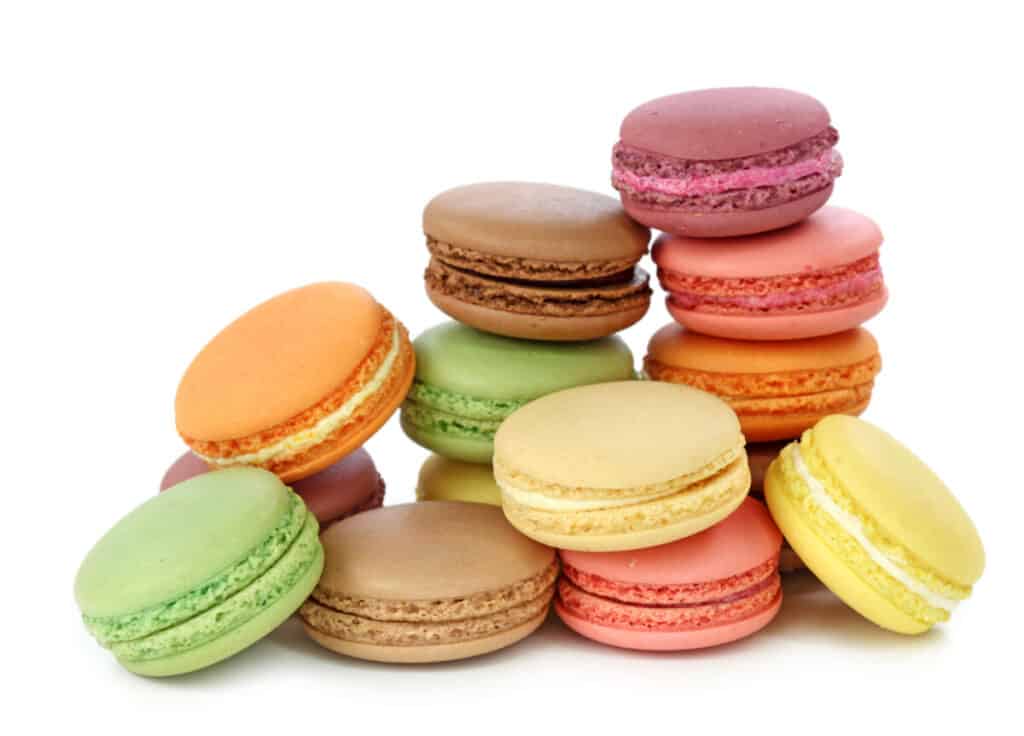
The celebration of Valentine’s Day and White Day begins at around age 12. As teenagers, the number of gifts received will directly correlate to their attraction, desirability, and popularity. The weight society places on this holiday can be sometimes traumatizing for children and teens, especially when they do not receive the gift they want from the desired giver.
Typically, the refusal of men to partake in this holiday comes from traditional gender-norm expectations, which assume males and females should give gifts year-round. Not for just one day.

There are several other reasons why men may not partake in the holiday, like not receiving a gift on Valentine’s Day or having been previously rejected on White Day.
What Do Different White Day Gifts Mean?
Most White Day gifts are edible sweets, each kind having a drastically different symbolic meaning. So, depending on the gift, new kinds of relationships might be formed (or ruined).
For instance, crispy, dry treats may symbolize friendship. Similarly, long-lasting sweets symbolize love and affection.
Common gifts from women on Valentine’s day include honmei-choco, a chocolate of love. Honemei-choco is an affectionate gift that declares one’s love. Another common gift to Japanese women on White Day is giri-choco, courtesy chocolate given to friends or colleagues. These different treats display different meanings to their recipients.
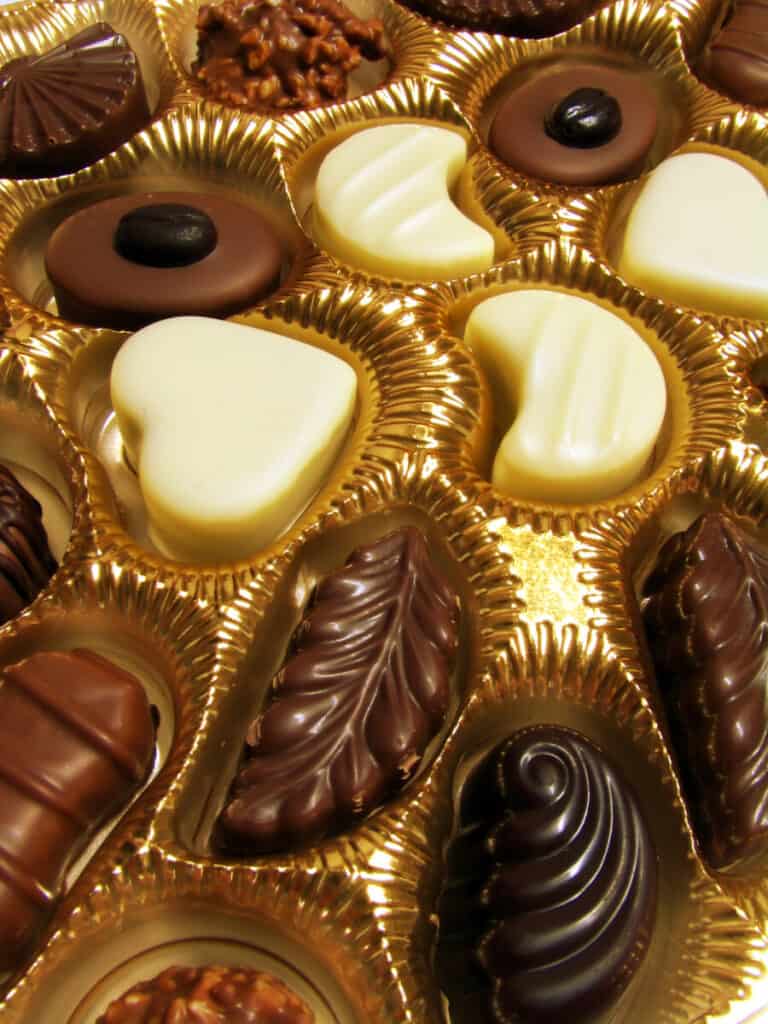
No matter the type of gift a man receives on Valentine’s Day, he is obligated to provide a reciprocatory gift on White Day. The gift he gives must have a clear meaning, displaying their intention with the recipient.
White Chocolates
Hard, white chocolate is the symbol of White Day. It resembles purity in its truest form, solid and sweet. Because of the texture and delicious taste, giving someone White Chocolate candies on White Day is symbolic of lasting love.
Men only give this luxurious chocolate to women they desire, given its intense symbolic meaning.
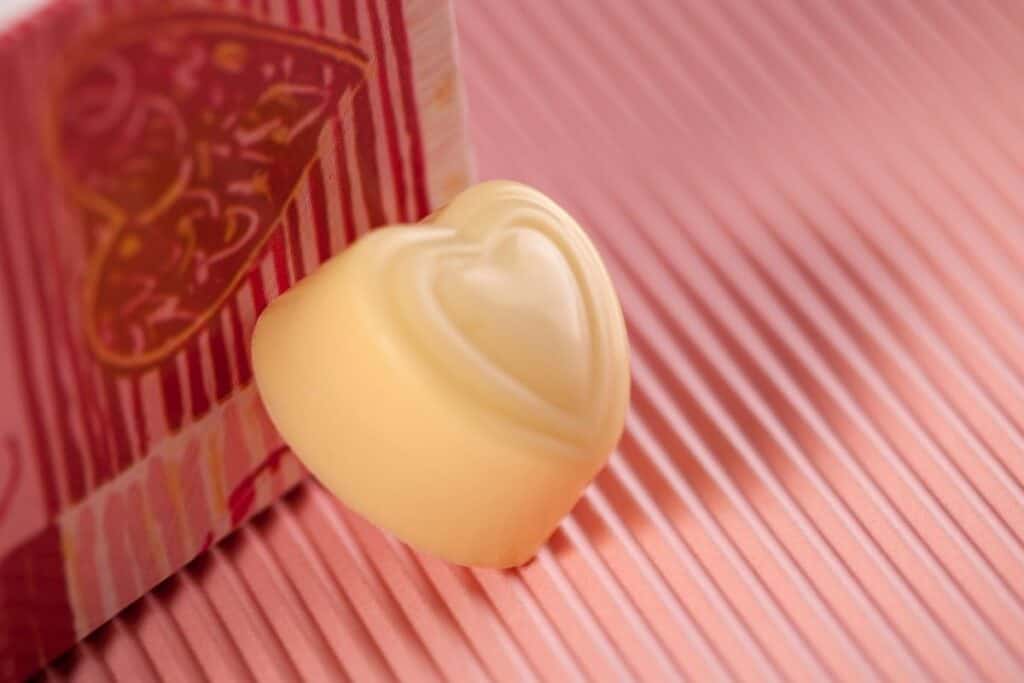
Marshmallows
Marshmallows on White Day usually mean that the person is uninterested in you. These delicious treats taste good, but not for long. The fast-dissolving of their texture and flavor is temporary, similar to the person who gives this gift. Normally they should be avoided as a gift as the recipient may see the gift as a negative message.
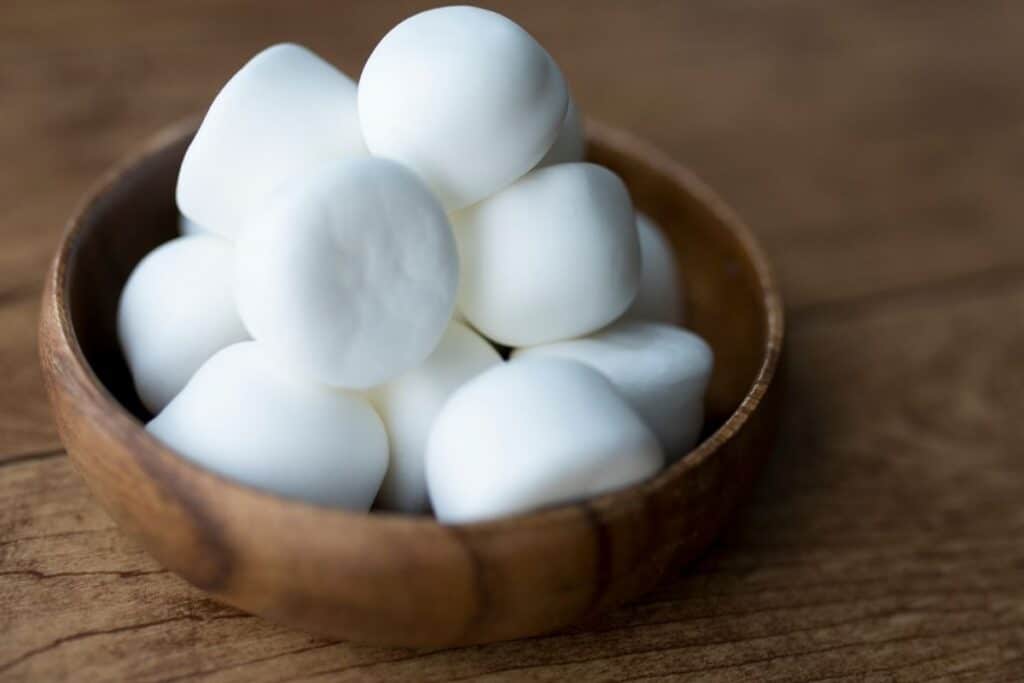
Cookies
Giving someone a tin of cookies on White Day expresses friendship. Cookies are delicious. However, the joy is brief, and the crunchy, dry texture is unpleasant compared to many other White Day sweets.
Unless the White Day gift is a fluffy macaroon, there are usually no romantic feelings behind cookies.

Candies
Candies are a great gift for somebody special.
This gift is sweet and lasts a long time, letting the recipient think about the gift-giver as they indulge. The long-lasting flavor is a delightful metaphor for the way the gift-giver feels about their recipient.
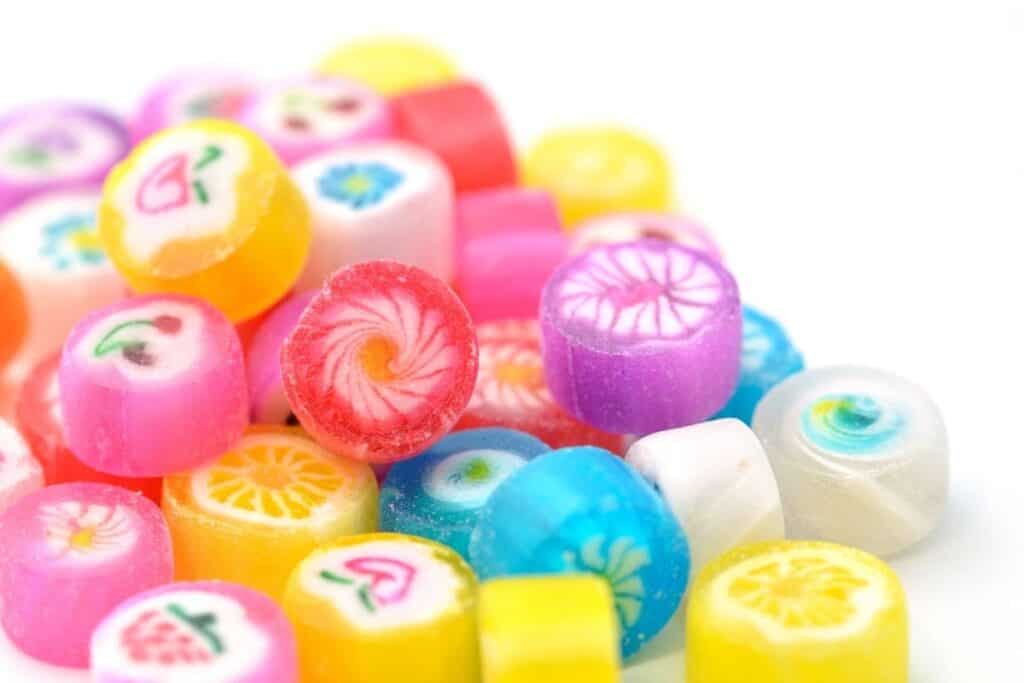
Conclusion
White Day is an important Japanese tradition that allows people to express their true feelings for each other. This holiday is a response to Valentine’s day, where female gift-givers declare their feelings to males.
On White Day, females will receive a gift that shows how the recipients feel about their gifts from the month before. The type of gift gives the females insight into the way these men feel.


